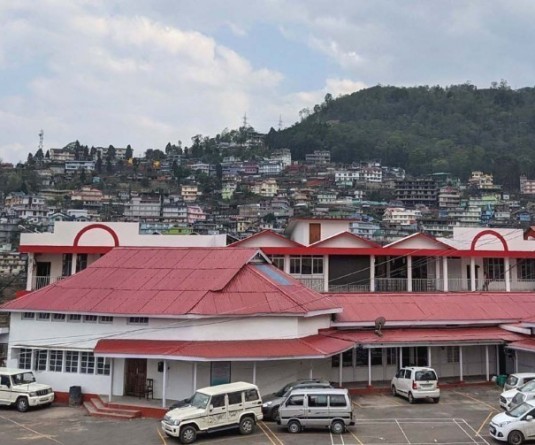
DIMAPUR, SEPTEMBER 20 (MExN): The 5 Tribes Committee on Review of Reservation Policy has written to the Nagaland Chief Minister seeking his immediate attention and necessary action on the issue of Nagaland Job Reservation Policy for Backward Tribes.
In the memorandum, the Committee which was nominated by the five tribe apex hohos namely the Angami Public Organization, Ao Senden, Lotha Hoho, Rengma Hogo and Sumi Hoho stated that the Nagaland Job Reservation Policy for Backward Tribes has been in effect for the past 47 years, during which, tribes under the job reservation have benefitted significantly, even surpassing many advanced tribes.
It stated that the job reservation policy was supposed to be reviewed every ten years, but in 1989, the government notified that the “existing policy will continue till further orders,” and is continuing till date.
It also viewed that the recommendations of various Committee for review of reservation policy set up by the state government in the past have been kept in cold storage except for some piecemeal implementation.
Core issues like duration of reservation, internal reservation, discrimination arising out of multiple benefit and flexible options for BTs, creamy layers, discrepancies in entry age, backlog reserved post etc have been left untouched despite several representations in the past by student bodies of (so-called) advanced tribes, it further claimed. With an indefinite reservation system in place without proper review, the Committee said this poses a serious risk of economic imbalance and discrimination among the Scheduled Tribes in Nagaland, leading to inequality and social unrest.
Taking all these into consideration and since the state government has turned a “deaf ear to the interest of non-backward tribes by failing to undertake comprehensive review and reformation of the reservation policy,” the Committee has demanded the abolishment/scrapping of the reservation policy or that the remaining unreserved quota be reserved exclusively for the five tribes which constitute nearly 55% of the ST population in the state.
This is to ensure that all tribes receive fair opportunities and that the principles of meritocracy and equality are upheld, it underscored.





